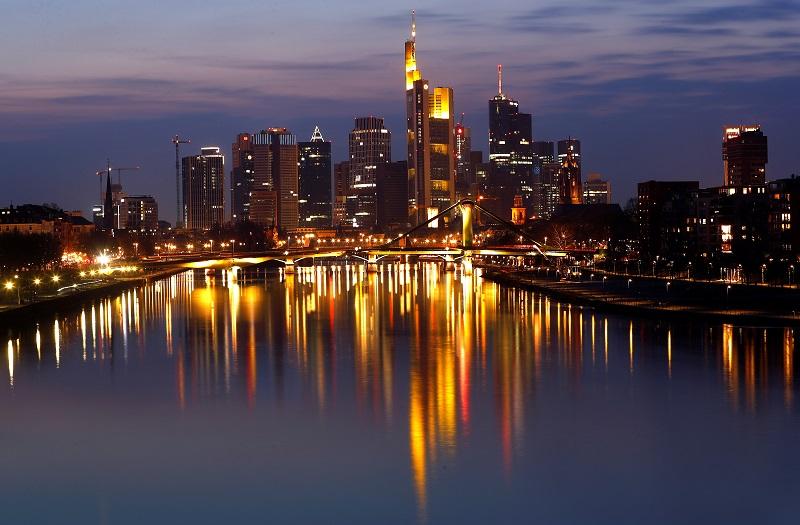BENGALURU—The euro zone economy will muddle through this year and next with steady but modest growth in a slowdown from 2017, according to economists in a Reuters poll, which shows a majority expecting a brewing U.S.-led trade war to hold back growth.
The currency bloc grew at its fastest pace since the 2007-2008 financial crisis last year, but lost momentum in early 2018 and the coming year’s outlook remains tepid, with inflation slowing down slightly and veering away from target.





